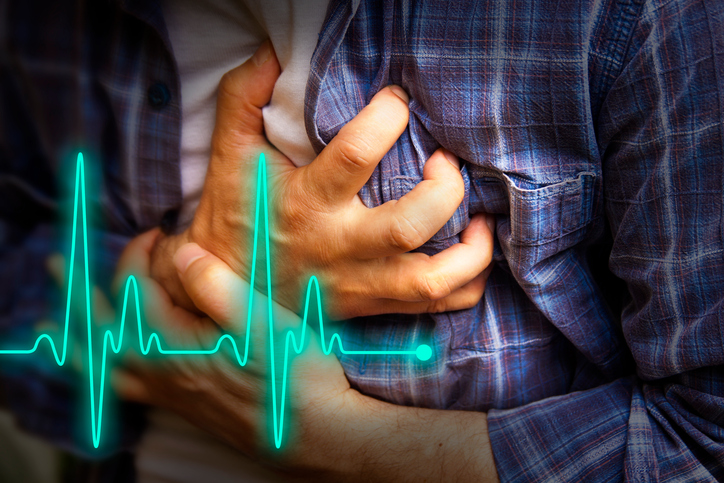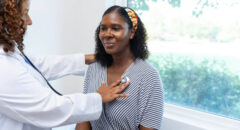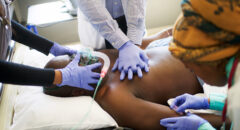
Heart attacks are scary, period. They are scary for those who are having one and scary for those who are watching. Of course, eating right and exercise helps diminish your heart attack risk, but do you know what to do if and when one strikes?
If you think you’re having a heart attack. For women, symptoms are often easily ignored. These can include:
- Pressure, tightness and squeezing pain across the chest
- Pain radiating down one or both arms or shoulders
- Pain or soreness in the jaw, neck, or back
- Shortness of breath
- Dizziness, lightheadedness, sweating or weakness
- Overwhelming fatigue – 70% of women felt fatigued in days or weeks prior to their heart attacks
- The feeling of impending doom
- Headache, blurry vision, lightheadedness or feeling faint
- Gastrointestinal symptoms such as indigestion, nausea, and vomiting
- Coughing and palpitations
How to stop a heart attack
Here are three things you need to keep on hand to fight a heart attack.
I. Aspirin
Always keep a bottle of aspirin in your bathroom medicine cabinet. If you think you’re having a heart attack, take one 325mg tablet of adult aspirin. Chew it — don’t just swallow it. It allows for the aspirin to get into your bloodstream faster and slow the heart attack down.
YOU MAY ALSO LIKE: Nurse Has A Heart Attack And Remembers Every Detail
II. Cayenne Pepper
Cayenne pepper is a powerful stimulant; it increases heart rate and carries blood to all parts of the body, balancing circulation. Cayenne pepper has hemostatic effect, stops bleeding instantly, and helps in heart attack recovery.
If you have cayenne pepper at home, give the person having a heart attack a teaspoon of cayenne pepper in a glass of water. The patient has to be conscious for this to work.
If the person is unconscious, you can use cayenne pepper extract. Put a few drops under patient’s tongue for results.
III. Cellphone
Finally, after the aspirin, you’ll need to get help and go to a hospital immediately. That’s why I want you to keep your cellphone with you in the bathroom. You can purchase a cheap cellphone mount and put it on your wall. The best place to put it is on the side of a bathroom cabinet or low on the wall near your toilet.
Extra Tip: To further decrease your risk of a heart attack, you should also keep vitamin D in your medicine cabinet. Many of us are vitamin D deficient, and new research on supplements and heart disease suggests promising results from taking vitamin D to prevent heart disease. Vitamin D can help regulate blood pressure, inflammation and blood sugar.
You need to take 1000 IUs of vitamin D every morning.








